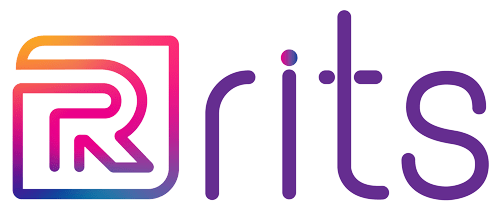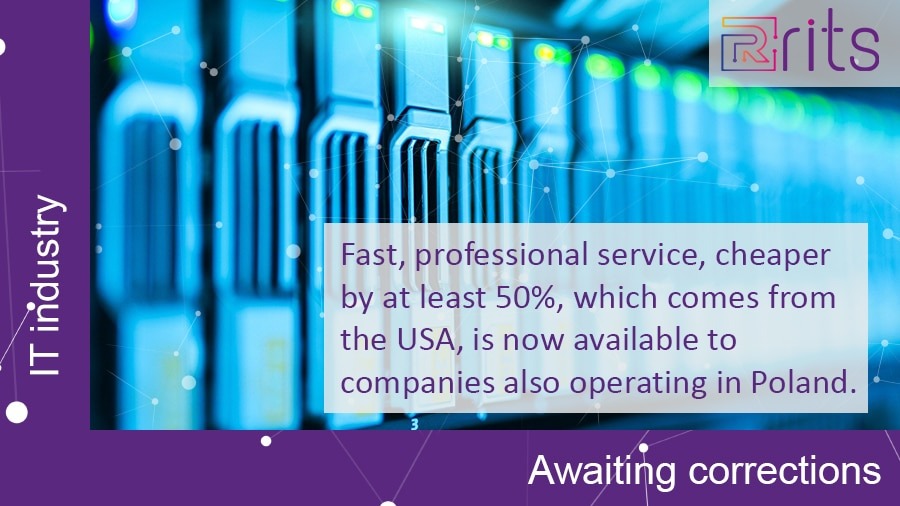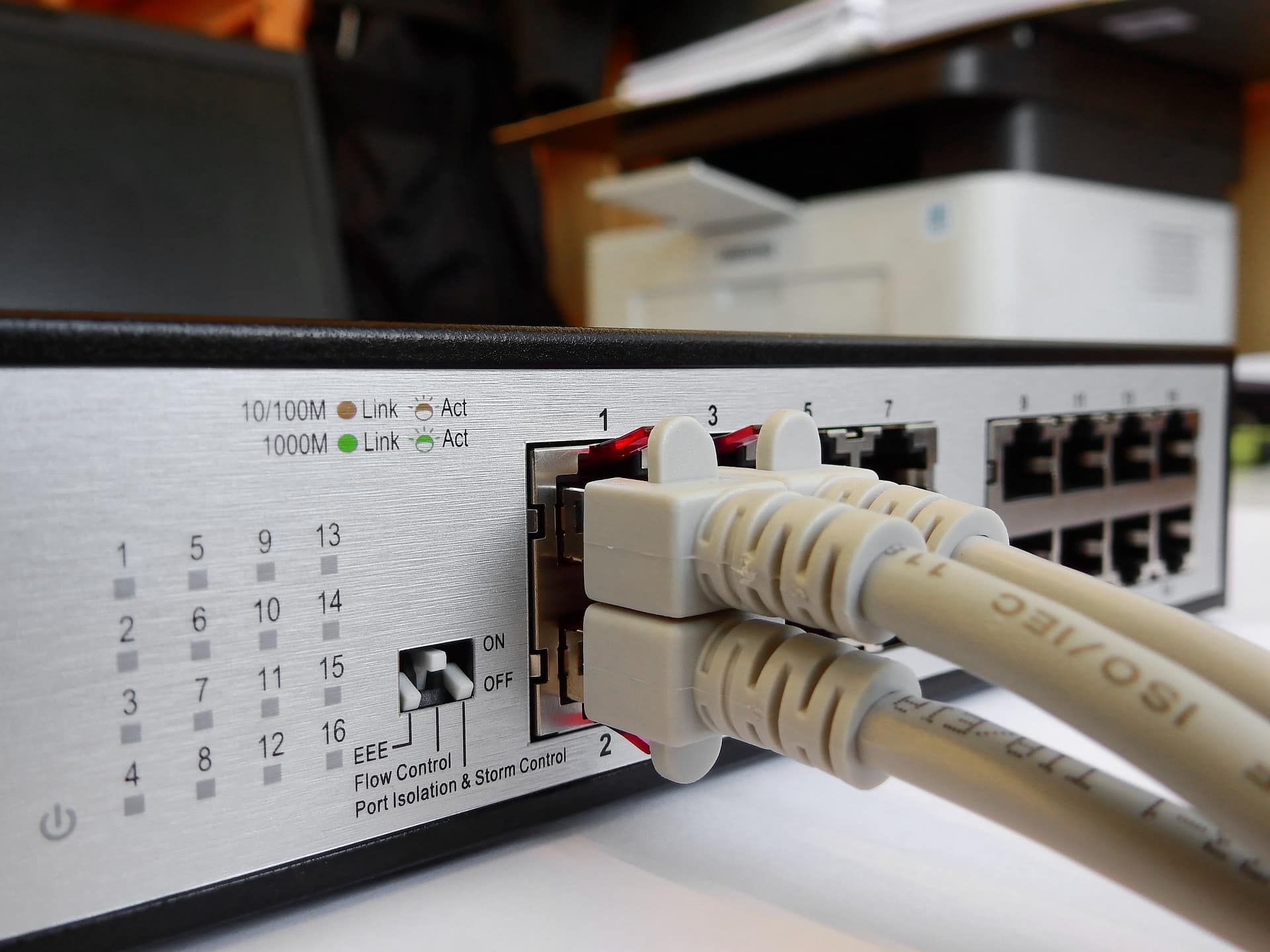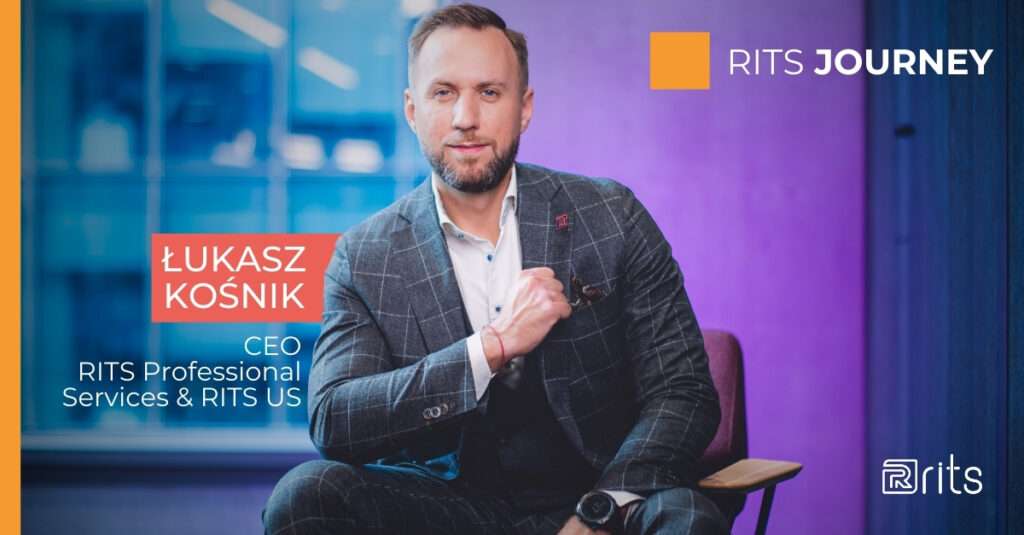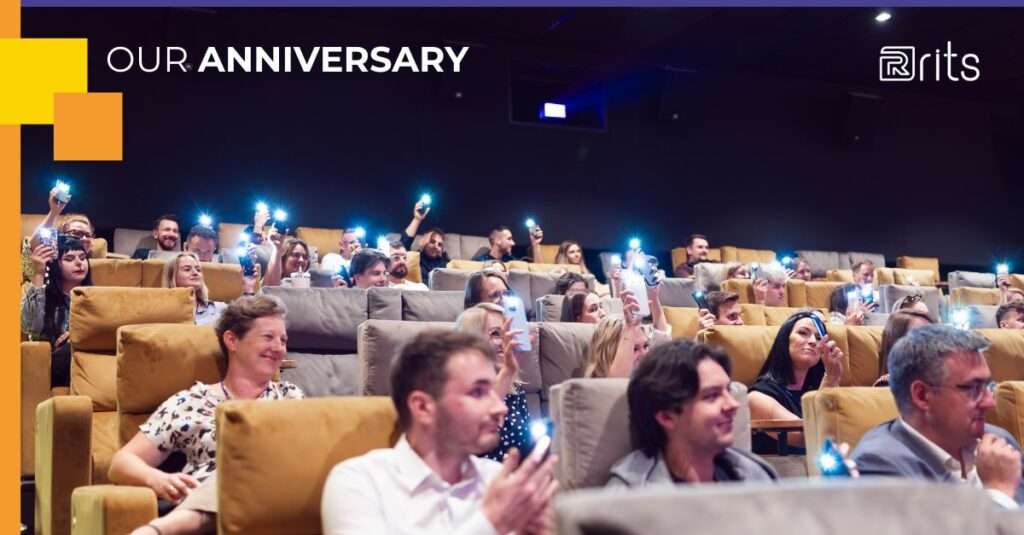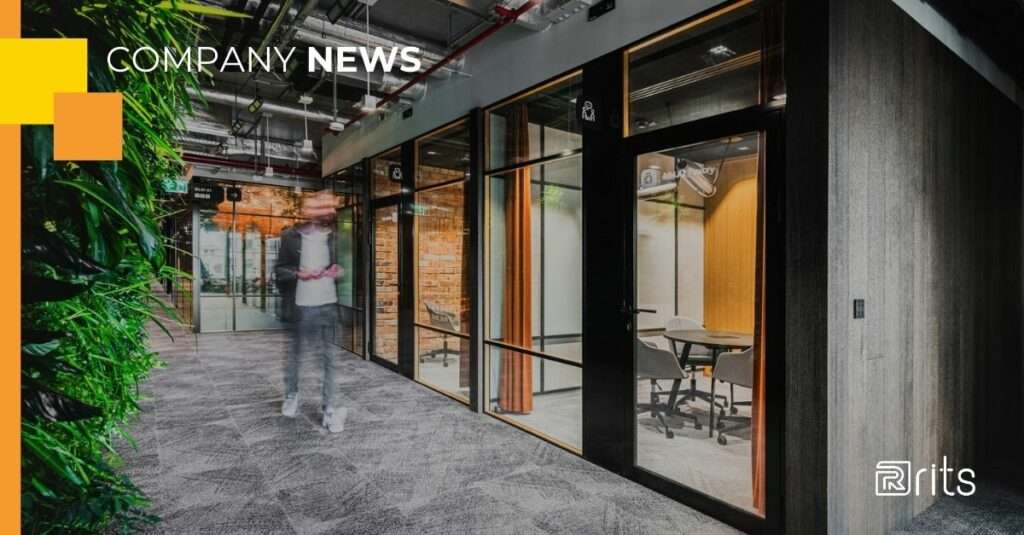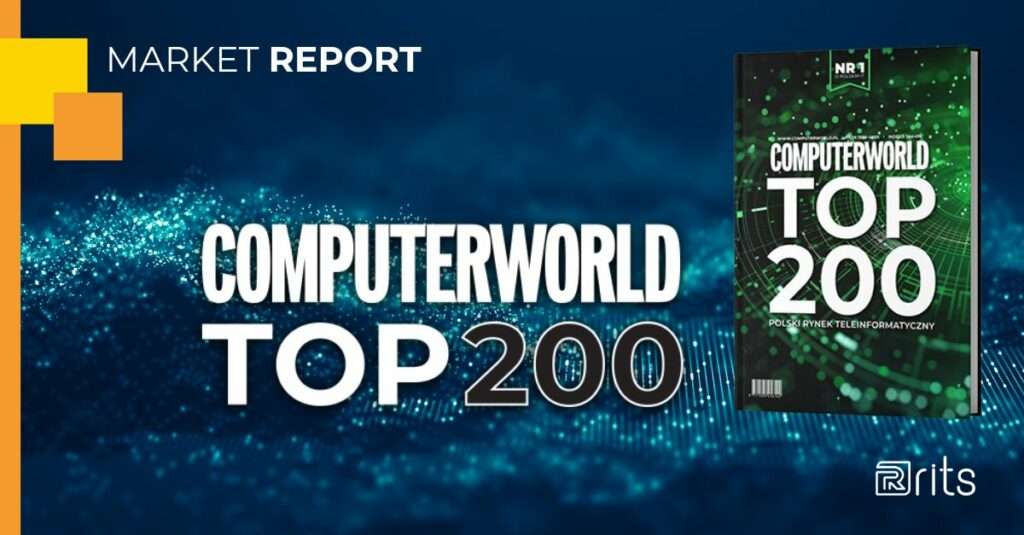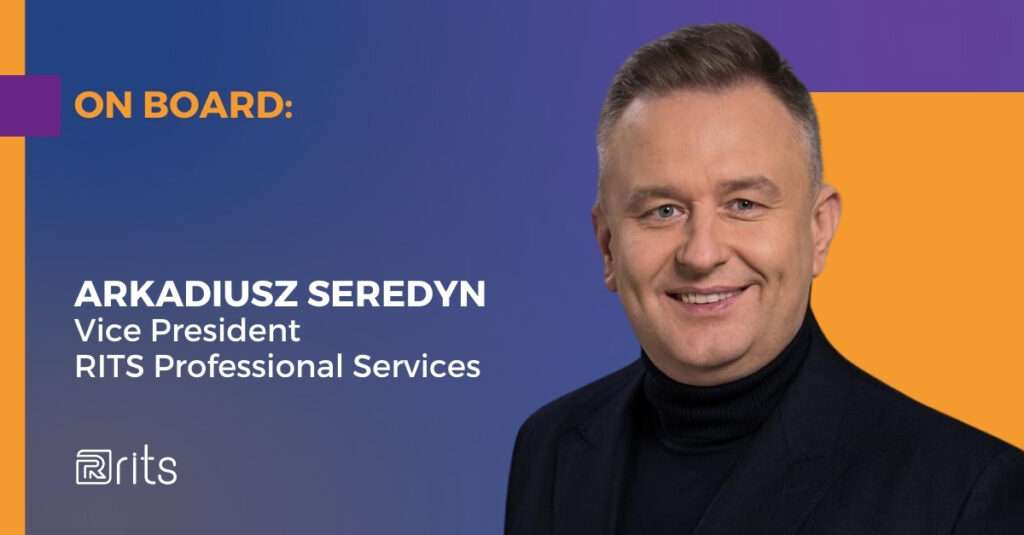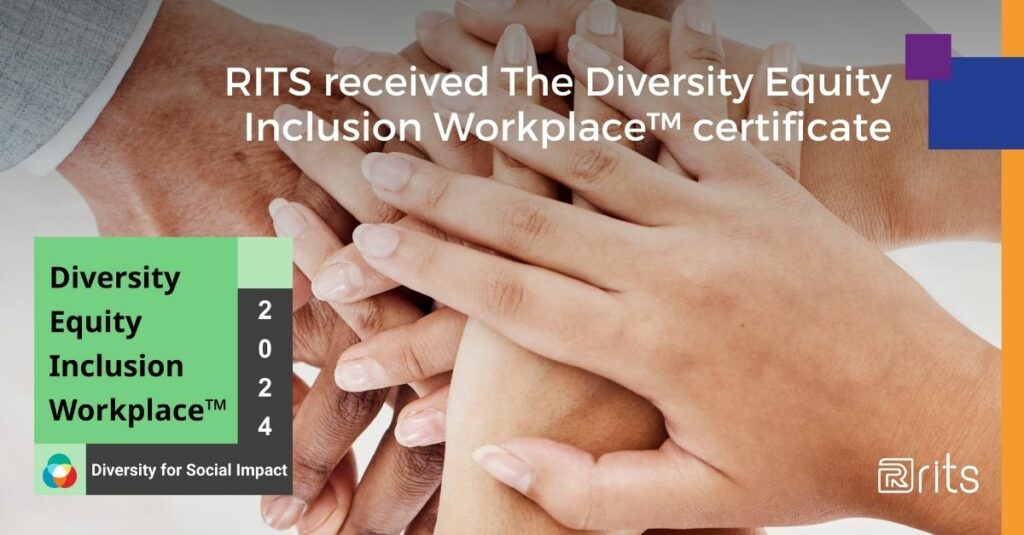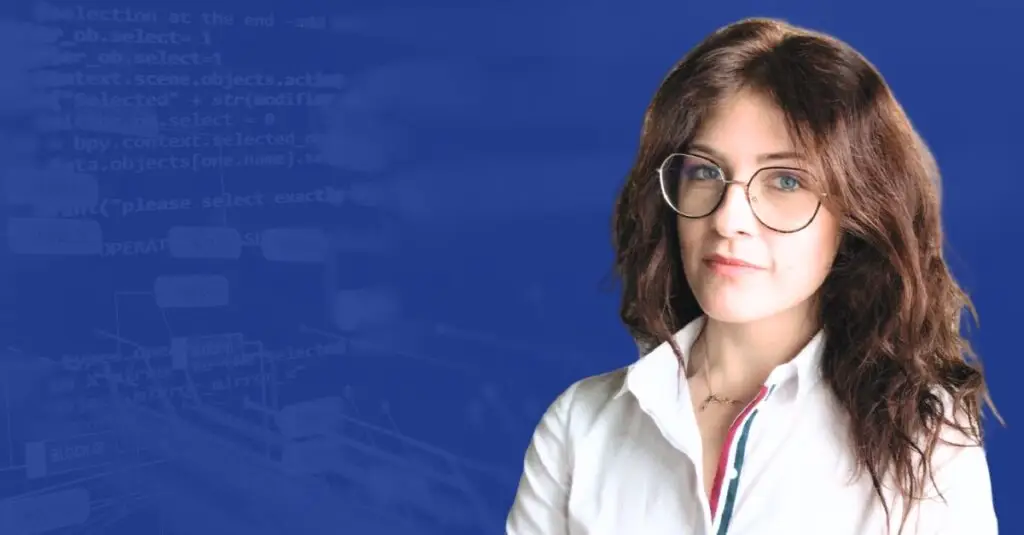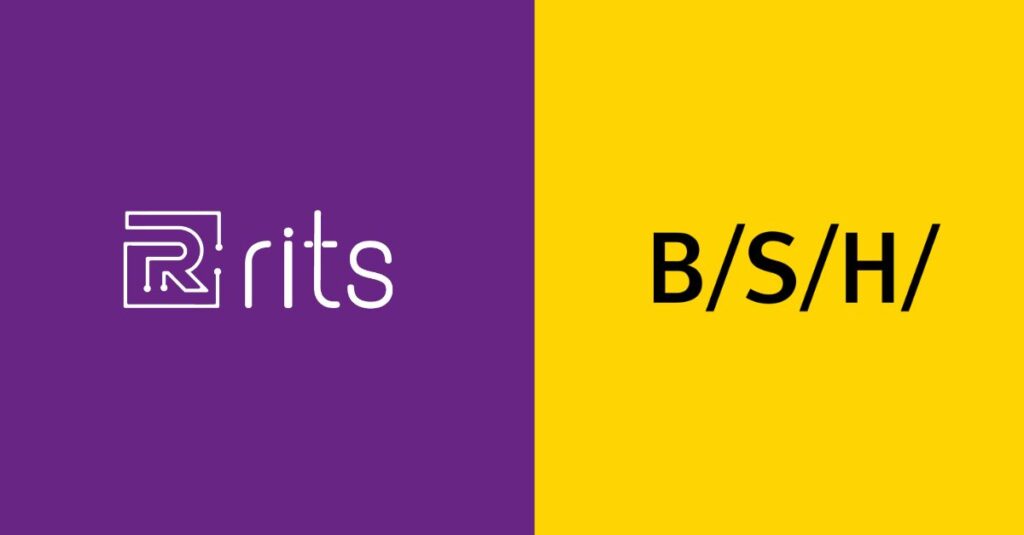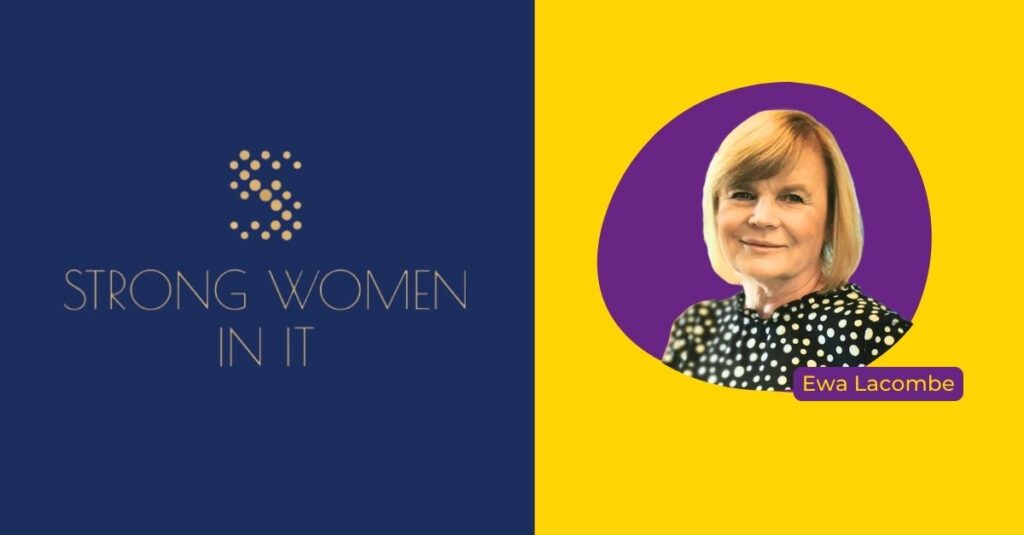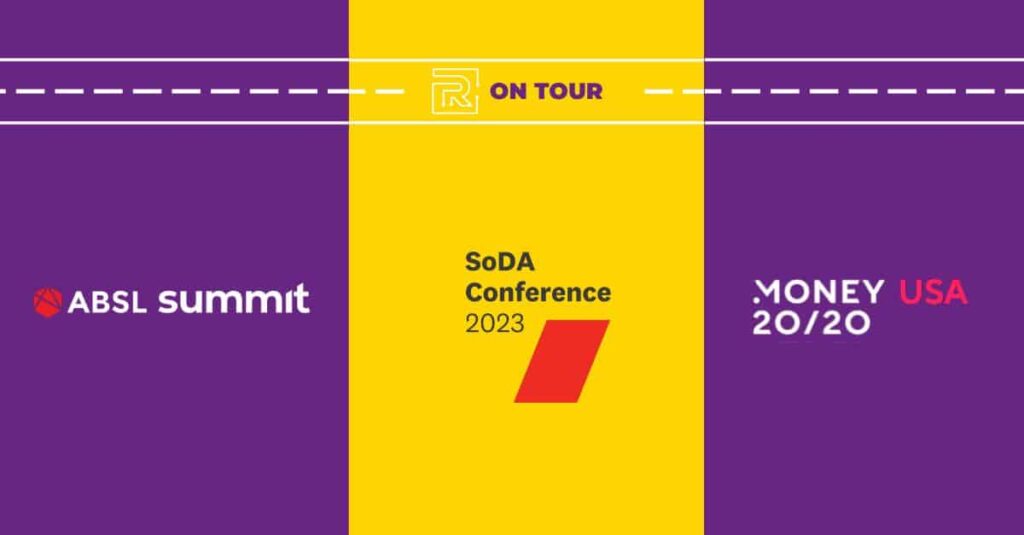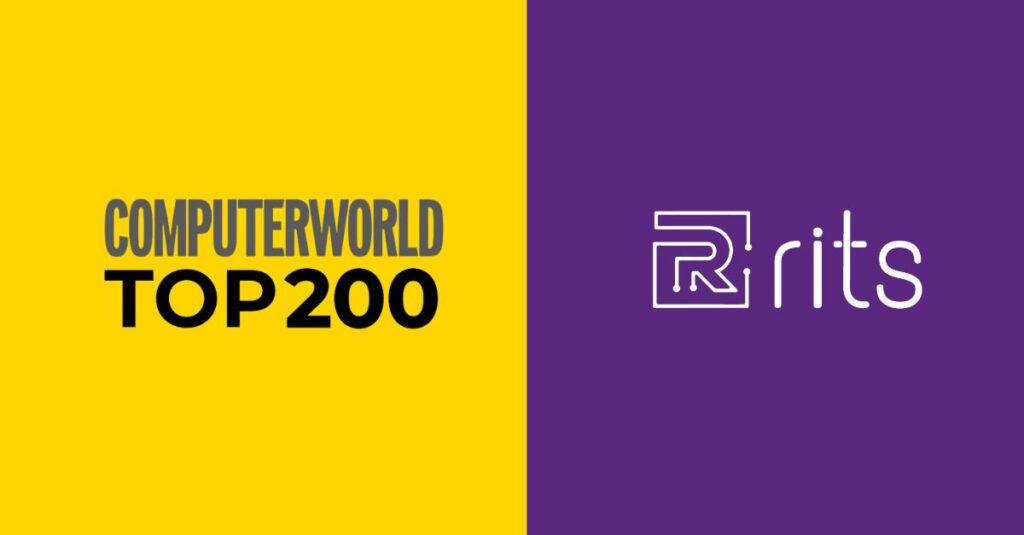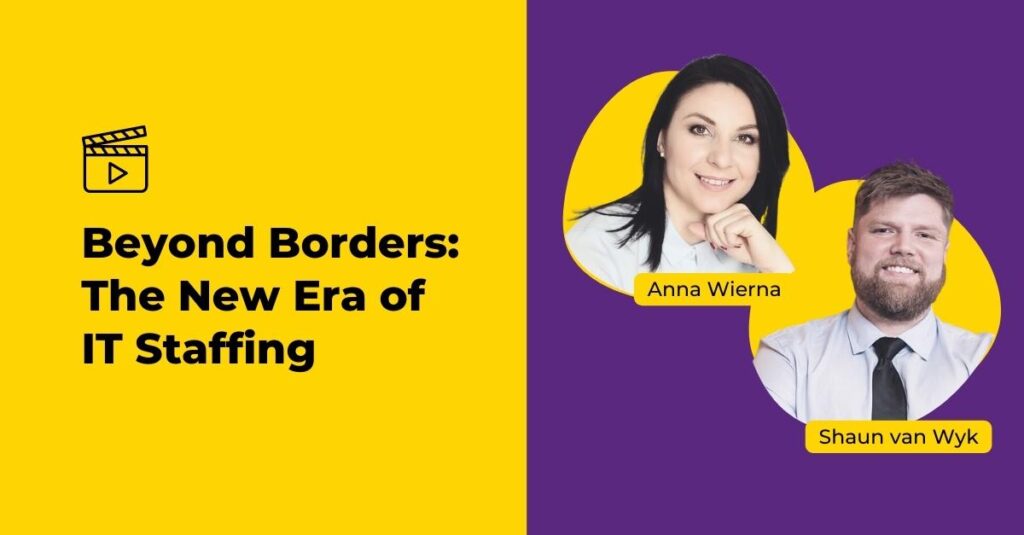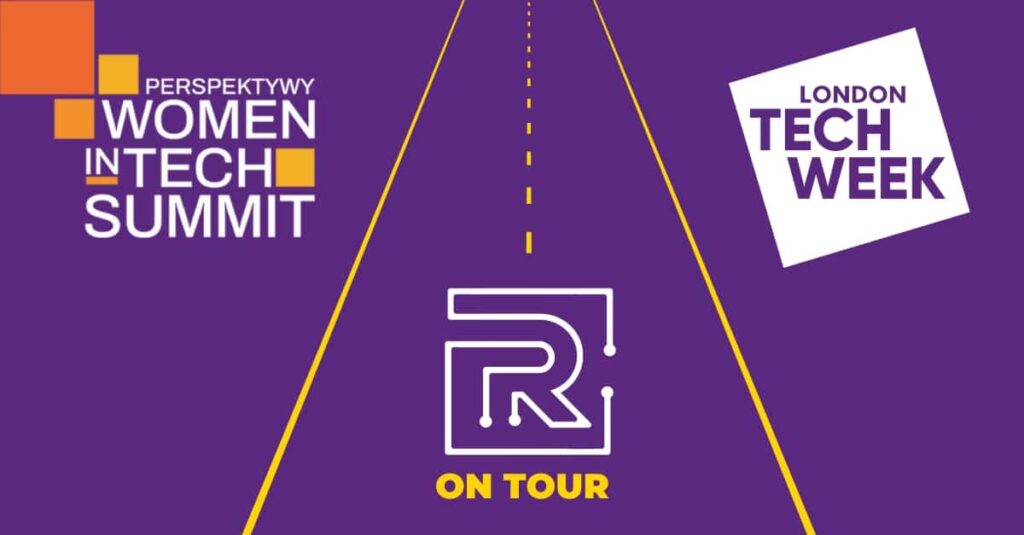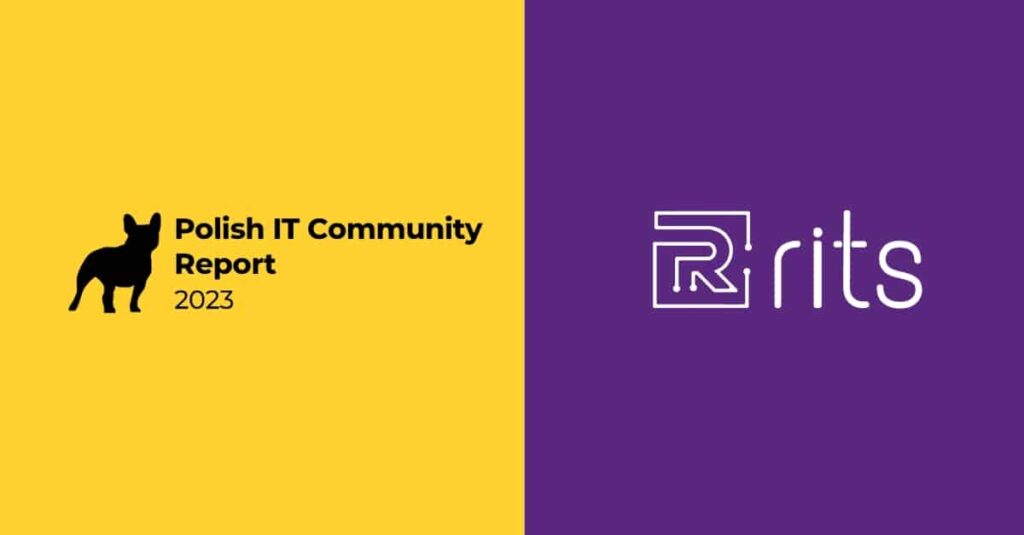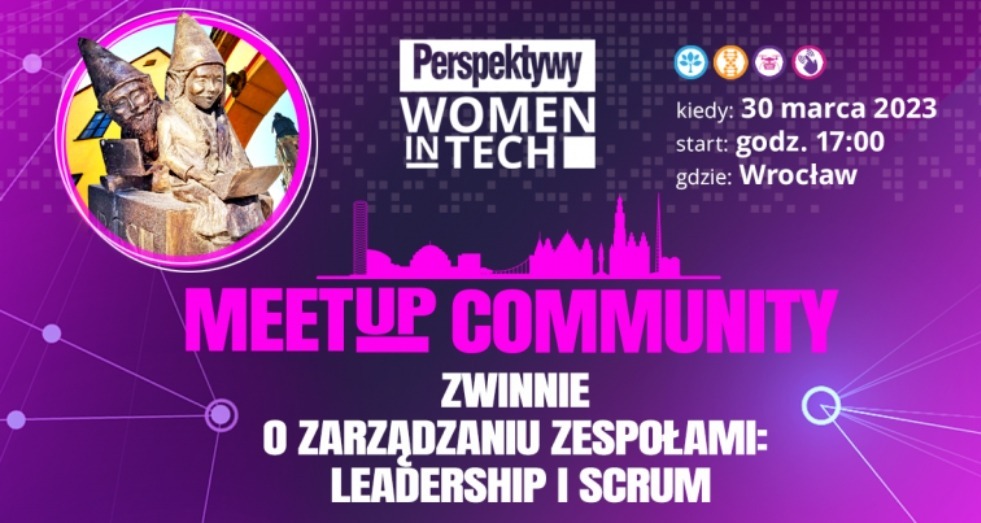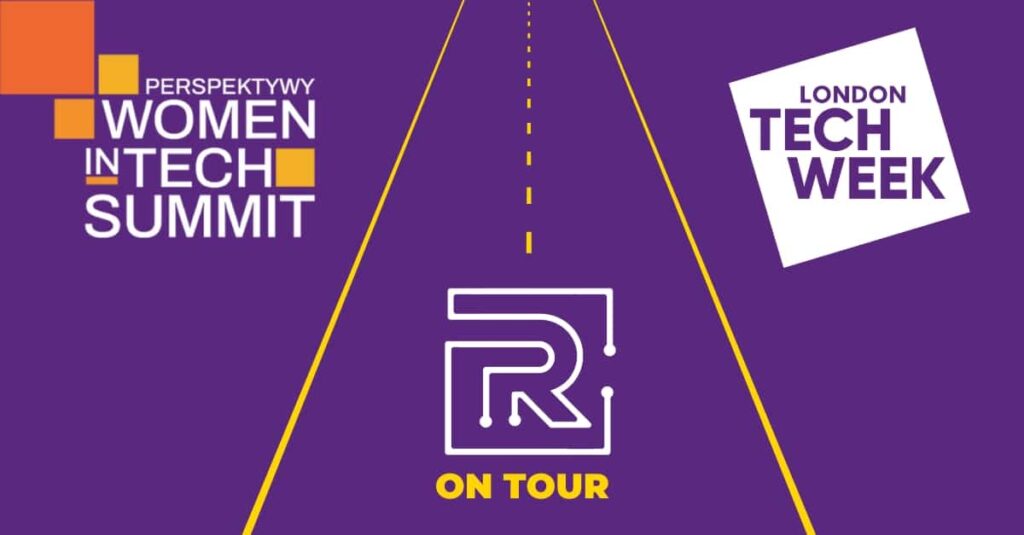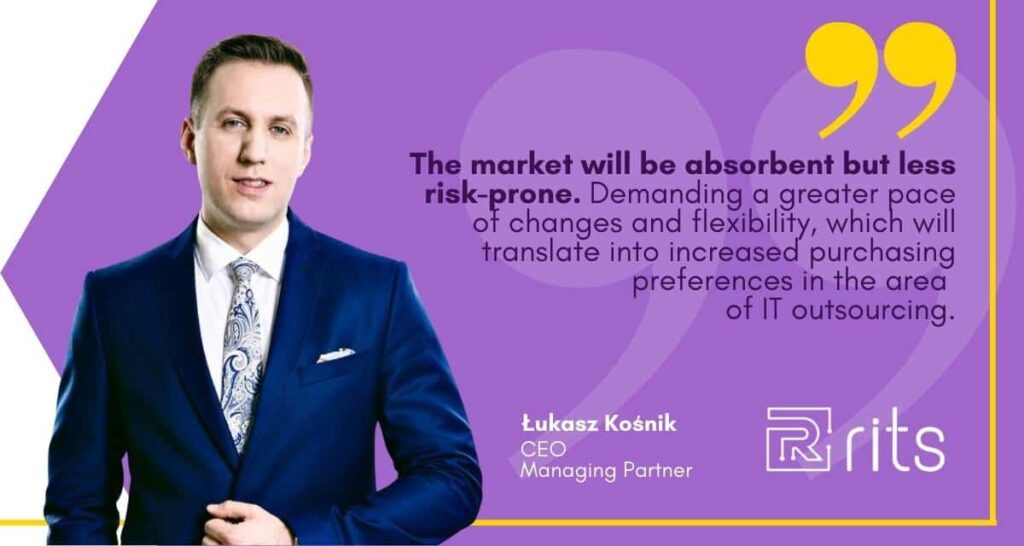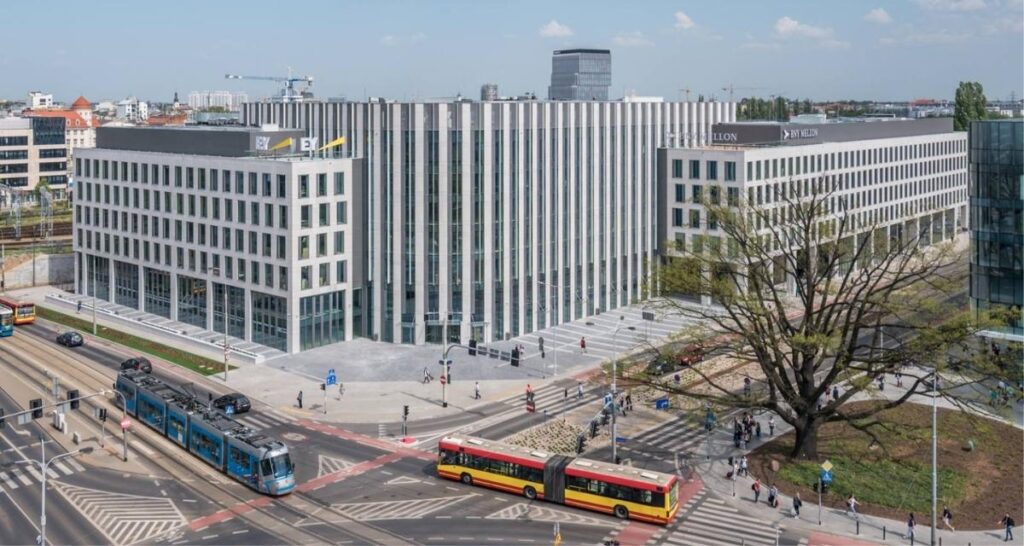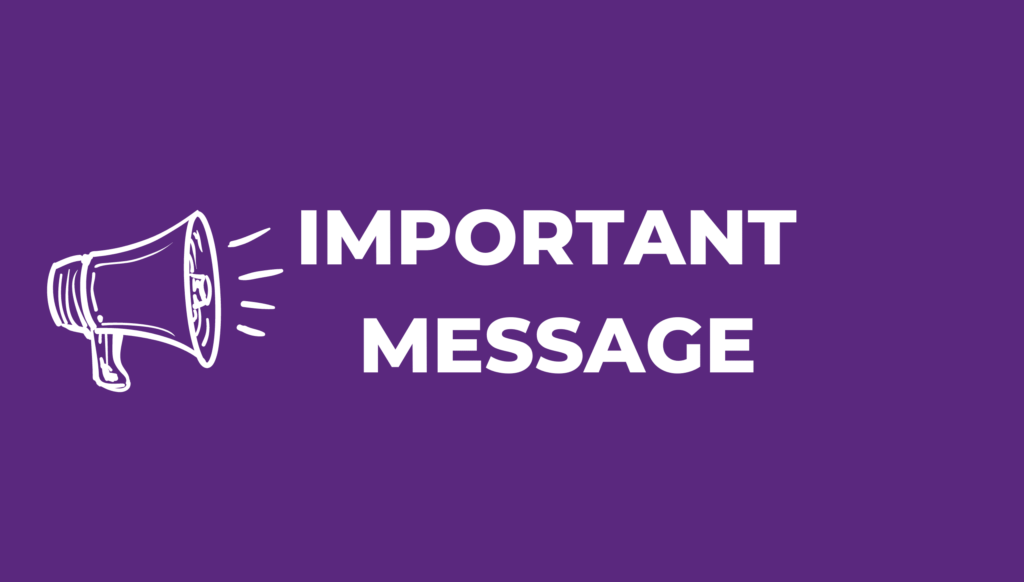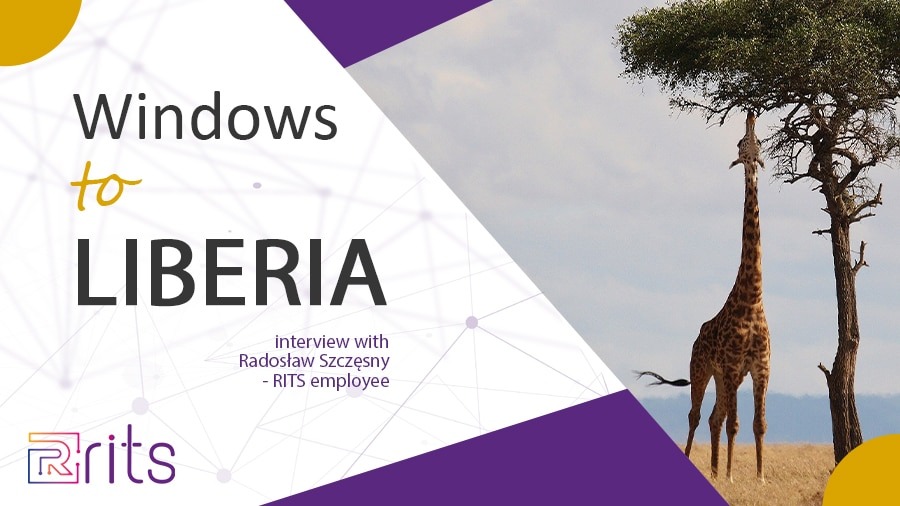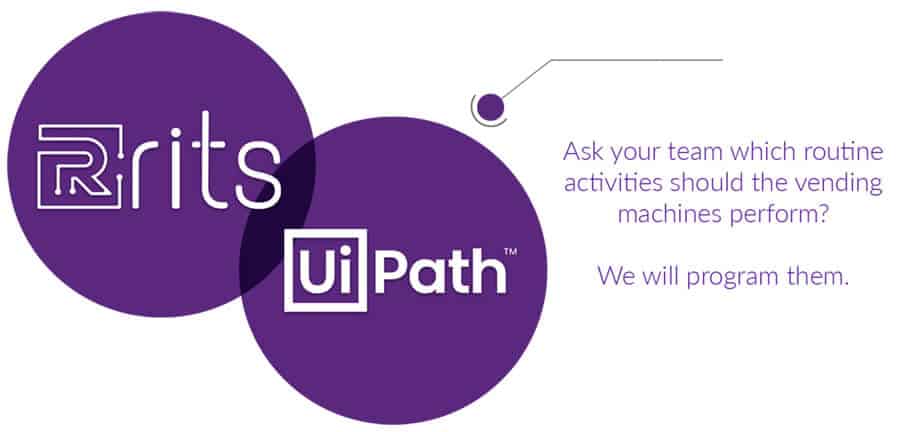Are you struggling with the problem of third-line technical support of the ERP system that is on board your company? The costs are horrendous, the waiting time for a response is very long, and the fixes do not meet expectations … Although it may seem that only an ERP supplier can provide a third line of technical support, this is not true. The market abhors a vacuum, which is why an alternative has appeared on the market in this case. Fast, professional service, cheaper by at least 50%, which comes from the USA, is now available to companies also operating in Poland.
The first cost that should be taken into account after implementing an ERP system is the subscription to the program. Usually it costs about a dozen or so percent of the value of ERP licenses owned. Regular subscription purchase guarantees that this percentage is kept constant. However, if this regularity is not kept, the percentage for the subscription will increase.
The second cost that should be budgeted after completion of the implementation is the cost of service care. Software vendors have three lines of technical support in their services. The first one covers the receipt, resolution and monitoring of IT system notifications. In the second line, consultants deal with more complex problems related to the company’s applications and systems, including software installation and repair and configuration of workstations. In the third line, the administrators of individual applications deal with repairing defects noticed and reported by users, cooperating in this area with programmers. And it is the third line of support that can be the most problematic for software users because it concerns errors in the system code. On the one hand, the user is not able to deal with such a problem on his own, on the other hand, the waiting time for contact with the manufacturer is sometimes long, and the solution to the problem often does not meet expectations. As a result, you have to wait for weeks for corrections, while paying the regular amounts of the ERP provider.

The bitter truth about service costs
– The problem stems from the fact that software vendors do not guarantee the level of services provided, i.e. SLA (Service Level Agreement) for solving our problems – this is what Marcin Stanisławski, vice president of the board at Relyon Alternative Support, about the problems regarding IT service from software suppliers. For several months, it has been offering the service of implementing an alternative third line of support on the Polish market in cooperation with the American company Rimini Street. – If there is any major bug, vendors such as SAP or Oracle do not ensure that the program code is fixed within the specified time. You just have to wait for someone to take care of our problem … Software vendors simply don’t have a dedicated engineer assigned to a customer. Support is provided by specialists from India, so the quality of their services is not at the highest level. And all this at enormous costs, which is not reflected in the quality of service. The Rimini Street website, which has also been available to companies in Poland for several months, is a real and much cheaper alternative. Service costs are assumed to be lower by at least 50%.
American alternative already in Poland
Rimini Street is an American company, fully specialized in providing third-line support for ERP systems from suppliers such as SAP, Oracle or Microsoft. It provides its services to clients all over the world, including global players. Its secret lies not only in the costs lower by at least 50%, but also in very precisely defined parameters of the service quality, which are explicitly contained in the contract. In the event of a critical error, the time for such error to be reported to the engineer can be as long as 10 minutes.
The second important point is error marking. Software vendors use four error codes: p1 – critical, p2 – very serious, p3 – serious but with lower priority, and p4 – minor errors that do not paralyze the work. The system provider assigns the labels himself. In the case of cooperation with Rimini Street, the customer assigns the problem flag, which completely changes the approach to their importance.
– The transition to the alternative third line of support is associated with a complete change in the way the organization thinks about the website – signals Marcin Stanisławski. – The IT department must be involved in the implementation of the website, which so far has been in addition to cooperation with the supplier, which certainly gives us greater control over emerging problems. Another issue is further cooperation with the supplier, who, as you can easily guess, will do everything to stop us and discourage us from using an alternative service, citing various arguments. For example, Rimini Street service is illegal, which is not true. There is already a Supreme Court judgment in the USA regulating the issue of legality. However, we must be prepared that we will lose the supplier’s rebates or there will be an audit in our organization … Which also and without our departure may take place due to contractual provisions. Despite these restrictions, you can be sure that it will be cheaper anyway.
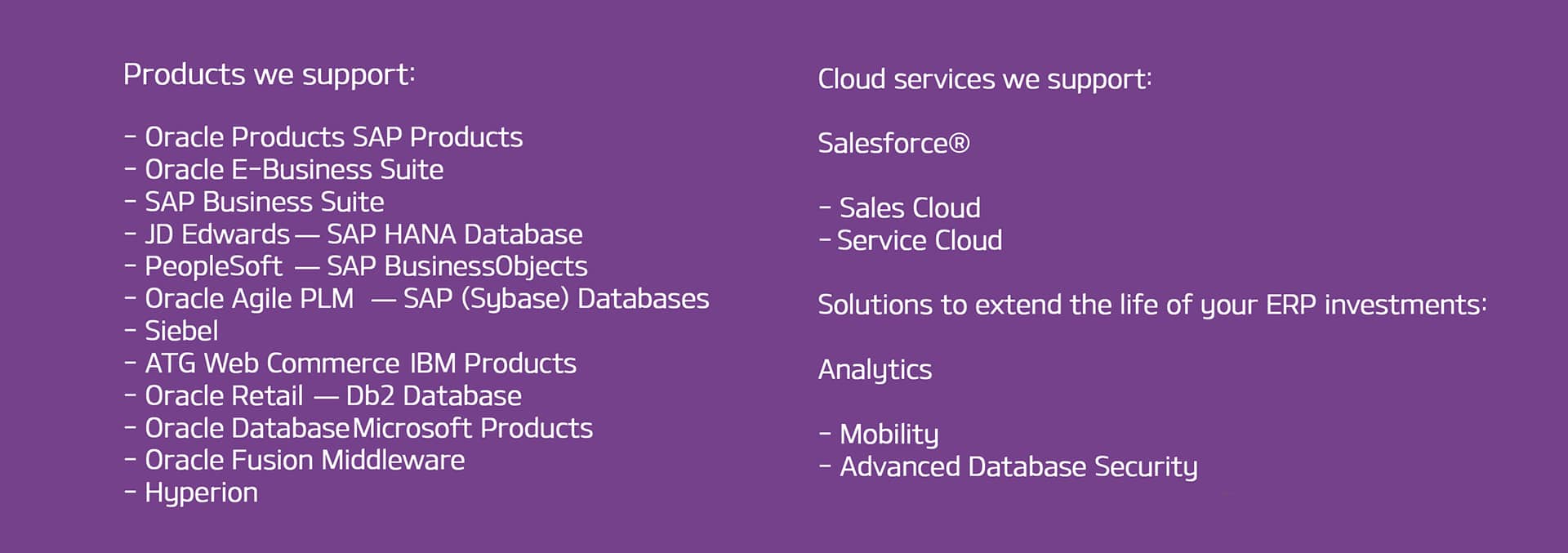
Towards hybrid IT
Łukasz Kośnik, CEO of RITS, offering IT services for business, points to one more important aspect of cooperation with an ERP system supplier.
– Today, due to the fact that hybrid IT solutions, combining services from their own IT infrastructure (on-premise), colocation and cloud platforms, are becoming more and more common, ERP system providers almost force customers to migrate to the cloud. As a result, the customer pays the second time and gets the same, only in the cloud. If he does not agree, the system provider may even stop guaranteeing its service, which already sounds like blackmail. As a company, we recommend that customers do not choose a cloud system, but an alternative service, such as Rimini Street, which will optimize the costs of maintaining the system, and the savings generated in this way will allow them to spend on light and agile business integrations that are real innovation: in robotization, in document circulation digitization, mashine learning, IoT. This is a smart optimization and the money invested in this way will bring real value to the company. This is the way you think about innovation today. And such innovations are already within the reach of Polish business today.
ERP system, that is …
The ERP (Enterprise Resources Planning) system is a software for comprehensive enterprise management, which covers the control and management of the most important resources and processes in almost every business area of the company, such as: sales, finance, accounting, warehouse, human resources, procurement and production. Its most important distinguishing feature is work on one database. This means that data entered in one area of the system, e.g. in trade, is immediately visible to other users, e.g. at the production manager and in the accounting department.
Warsaw, January, 20, 2021, RITS Press Office
